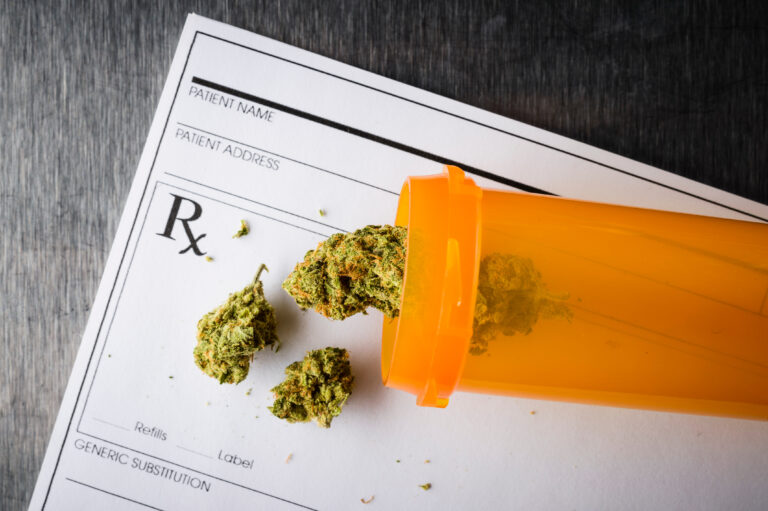As you likely have seen by now, a federal recommendation has been made to reclassify marijuana as a Schedule III drug from its current status as Schedule I. What instigated the recommendation, what does it mean to the industry, and how much impact will it really have? We discuss it all below.
The recommendation came from the Department of Health and Human Services (HHS) to the Drug Enforcement Agency (DEA) in response to President Biden’s October 2022 directive for the Secretary of HHS to review how marijuana is scheduled under federal law. DEA defines Schedule I drugs as those with no currently accepted medical use and a high potential for abuse (e.g., heroin, LSD, etc.). Schedule III drugs are seen as having a moderate to low potential for physical and psychological dependence, and are available through prescription (e.g., ketamine, testosterone, etc.). There are a total of five classes of drugs.
Any rescheduling would need to be enacted by the DEA and the Attorney General; however, the HHS recommendation holds a great deal of power, as the US Code on substance classification states “The recommendations of the Secretary to the Attorney General shall be binding on the Attorney General as to such scientific and medical matters, and if the (HHS) Secretary recommends that a drug or other substance not be controlled, the Attorney General shall not control the drug or other substance.” Factors that are to be considered in the final determination also include its actual or relative potential for abuse; scientific evidence of its pharmacological effect, if known; the state of current scientific knowledge regarding the drug or other substance; its history and current pattern of abuse; the scope, duration, and significance of abuse; what, if any, risk there is to the public health; its psychic or physiological dependence liability; and whether the substance is an immediate precursor of a substance already controlled.
While the change would have an overall positive effect for the cannabis industry, there remain some negatives and some things that simply would not be changed.
- Marijuana would still be federally illegal, which means it would still be a controlled substance, but it would be seen by the federal government as having medical uses. While this appears positive for medical cannabis, there are additional caveats: the FDA would need to approve cannabis-based medicines, which would need to be prescribed by a healthcare practitioner and dispensed by a registered pharmacist/practitioner. Thus, recreational dispensaries would still be operating outside federal law.
- On the positive side, the rescheduling would facilitate cannabis research, enabling federal and university funding that could further the determination of its medical benefits and potentially accelerate FDA approval.
- The rescheduling could also lower the price of cannabis for consumers, at least in some states. As a Schedule III drug, cannabis would no longer be subject to the IRS provision barring those selling Schedule I or II drugs without federal authorization from claiming standard business deductions when filing taxes. With this tax break, providers could reduce the cost to consumers; however, some states may raise their taxes in response.
- Because marijuana would still be considered a controlled substance, banks and other financial institutions would likely continue to be reluctant to or banned from servicing much of the cannabis industry, meaning many businesses would still be reliant on cash.
It also is interesting to note that, while many would like to see cannabis completely descheduled as a Controlled Substance, this is not possible without Congressional Legislation. As explained by Marijuana moment, “the Controlled Substances Act of 1970 requires that all drugs with abuse potential be placed on one of five schedules. While cannabis has a low abuse potential, no reasonable scientist would argue that it has no abuse potential.” Although it can be argued that alcohol and tobacco have abuse potential but are not considered controlled substances, the Act addresses that as well in that “Congress specifically exempted distilled spirits, wine, malt beverages or tobacco”
While the rescheduling does not remove all the challenges with which the cannabis industry is dealing, it does provide a number of benefits, and is seen by some as federal acknowledgement of the legitimate uses of marijuana, taking the industry a few steps closer to federal legalization.
For information on TAG’s cannabis production services, visit:





